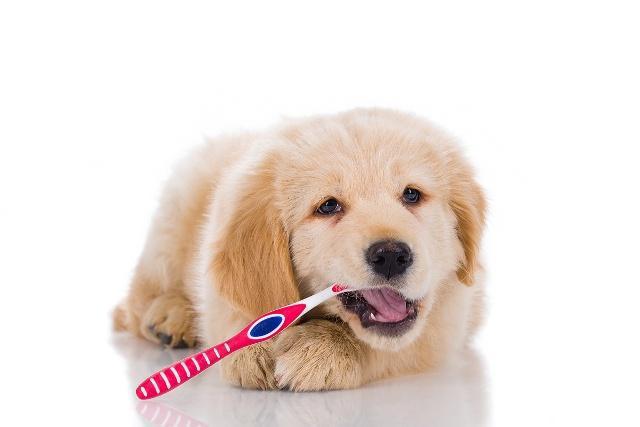Dental health is often overlooked in pets, yet it plays a critical role in their overall health. Just as in humans, oral health issues in animals can lead to a range of systemic problems if left untreated. The mouth serves as the entry point to the body, and bacteria from dental disease can spread to vital organs, including the heart, liver, and kidneys. Maintaining healthy teeth and gums is therefore not merely about preventing bad breath or tooth loss—it is an essential aspect of sustaining long-term health and quality of life for pets. Understanding the relationship between oral care and overall wellness allows caregivers to take proactive steps to support their animals’ health in a holistic way.

Common Dental Issues in Pets
Pets can develop a variety of dental problems, including plaque and tartar buildup, gingivitis, periodontal disease, and tooth fractures. According to the American Veterinary Dental Society (AVDS), periodontal disease is one of the most prevalent conditions in domestic animals and can begin as early as one year of age. Left untreated, these conditions can cause pain, difficulty eating, and behavioral changes, as well as facilitate bacterial migration into the bloodstream.
Impact on Systemic Health
Scientific studies have established links between poor dental health and systemic illnesses. Bacteria from infected gums can enter the bloodstream and contribute to heart valve inflammation (endocarditis) or exacerbate kidney and liver conditions. Research published in Frontiers in Veterinary Science highlights that pets with severe dental disease are more likely to experience complications in other organ systems, demonstrating that oral health is integral to overall wellness.
Preventive Care Strategies
Regular dental care is the most effective way to maintain oral health. Preventive strategies include:
- Daily or frequent tooth brushing with pet-safe toothpaste.
- Dental chews or toys that reduce plaque accumulation.
- Routine veterinary dental exams and professional cleanings.
- Monitoring for signs of discomfort, bad breath, or changes in eating behavior.
Conclusion
The state of a pet’s oral health is closely connected to its overall well-being. Preventing and treating dental disease not only preserves teeth and gums but also reduces the risk of serious systemic conditions affecting the heart, liver, and kidneys. Consistent oral care, combined with professional veterinary oversight, provides a foundation for long-term health and comfort. By understanding the critical link between dental hygiene and total body health, caregivers can ensure that their pets remain active, pain-free, and thriving throughout their lives, reinforcing both physical vitality and the bond between animals and their caregivers.
